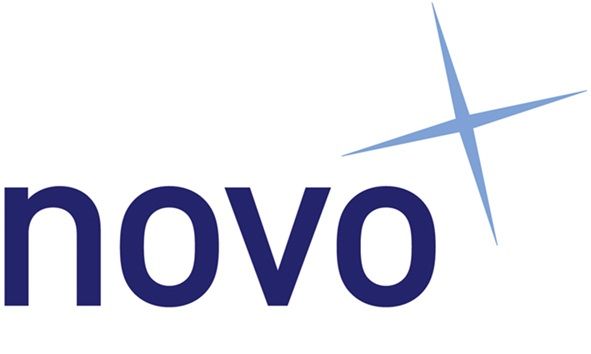Line managers focusing on output over hours since Covid, research finds

Experts welcome ‘encouraging’ change in attitude and suggest it can improve inclusion, retention and wellbeing.
Since the start of the pandemic, line managers have moved their focus towards employee output and away from hours worked, research has found, with experts saying the change of approach can improve inclusion and retention.
A poll by Working Families found 86 per cent of employers feel that line managers in their organisations have shifted to focus more on outputs, rather than the number of hours worked, thanks to changing working patterns over the pandemic.
Jane van Zyl, CEO of Working Families, said the figure was “particularly encouraging” for employees with caring responsibilities and that the best employers are really embracing flexible working as we emerge slowly from the pandemic.
“Rather than focus on where work is done, or what time of the day it’s done at, employers should instead agree clear deliverables with their employee and focus on those,” van Zyl explained.
The findings are part of the charity’s Benchmark Report 2021, through which HR teams from 84 different firms were asked to reflect on their activity and processes that related to flexible and family friendly working.
Daisy Hooper, head of policy at the Chartered Management Institute (CMI), said she had also seen a change in focus from line managers and that the last year has shown a much more flexible approach to work was possible, with many employees and managers preferring a hybrid environment.
“Boosting management capability is essential if organisations are to successfully navigate the challenges of the post-lockdown workplace,” she advised, adding that CMI have long argued for flexible working to become the norm and carried out research on successful approaches.
“If implemented well, it can improve wellbeing, help with attracting and retaining employees and promote inclusion,” she said.
Claire McCartney, senior policy adviser for resourcing and inclusion at the CIPD, agreed with Hooper that a focus on outputs rather than hours could support flexibility and greater inclusion for workers.
“Flexible working arrangements can empower people to have greater control over their work-life balance,” McCartney suggested, adding: “It is good for inclusion and fostering a diverse workforce, and can have benefits for wellbeing and performance.”
She also advised that employers provide appropriate training and support for managers so they have the right knowledge and skills to best support their teams with flexible working.
The impact of the pandemic has led to a wider reimagining of how performance is measured, said Astrid Beekhuis, director of HR at Momentive.
“While the number of hours worked used to be the holy grail of tracking success, outputs are much stronger indicators of a job well done,” she told People Management, adding that while an “A for effort” motto was good for morale, such metrics aren’t always best for business.
She advised that the best way for firms to know what employees prefer is to ask and HR leaders need to be receptive to this feedback by using insights to take action.
Originally published on People Management, https://www.peoplemanagement.co.uk/news/articles/line-managers-focusing-output-over-hours-since-Covid-research-finds












